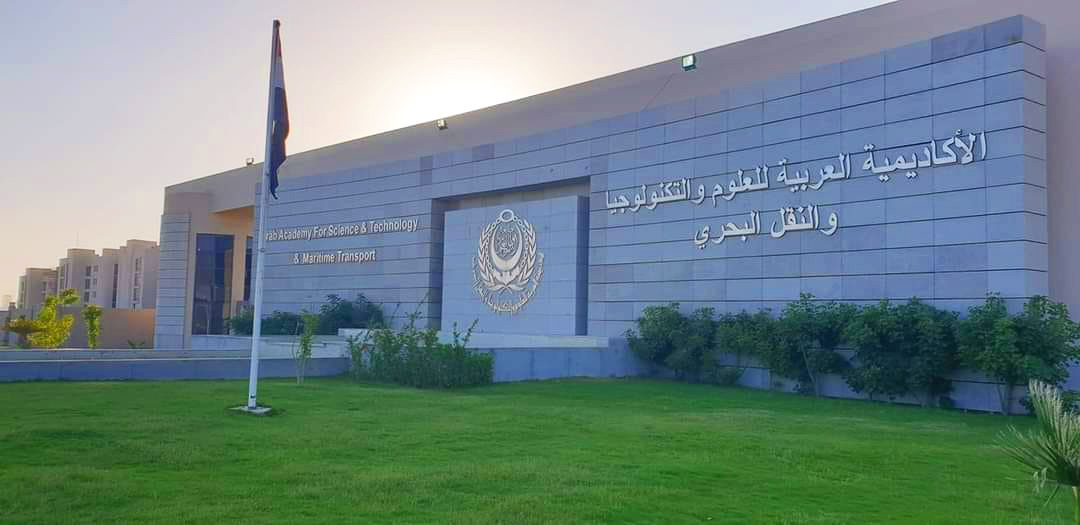

The School of Medicine''s undergraduate entry program deliver detailed basic medical sciences with integrated clinical sciences education within the first two years of the program, underpinning safe clinical practice.
Students are taught using a body systems approach. Problem-Based Learning PBL strategy will be adopted with a variety of supporting teaching and learning opportunities including lectures, tutorials, practical and anatomy sessions, and clinical skills training by a range of academic and clinical experts.
Assessment for learning opportunities is followed by feedback from experts to ensure students understand key concepts.
we recognize that technology is shaping the future of medicine and seek to develop students understanding of how this will affect their own future practice.
The College of Medicine teaching is at the forefront of technology enhanced learning, utilizing mobile learning, and simulation to provide students with an exceptional learning experience.
Our students have access to a virtual learning environment and their own personal portfolio throughout the program to support their learning and record their educational journey.
The College of Medicine excels at equipping graduates with key clinical skills and experience of practice in a simulated setting.

Our Human Anatomy Resource Centre, provides unrivalled access to resources to develop understanding of the human body that underpin future procedural skills.
Students have access to anatomical models, Plastinated human specimens, technology-enhanced learning facilities, and dedicated demonstrators who deliver an exceptional level of teaching.

The Clinical Skills Resource Centre, develop our students confident practice of clinical assessment and procedures. New skills and procedures are introduced in sequence, as the curriculum unfolds across the course.

Our simulation centers develop thinking on immediate patient assessment and team dynamics. This integrated approach to learning makes use of high-fidelity manikins to provide students with exceptional learning experiences that ensure they are prepared for practice in a busy clinical environment.
We are proud of our unique approach to preparing students for their role as leaders within the health service. Working in partnership Ministry of Health, we provide students with experiential learning opportunities outside of the classroom environment that develop their skills in a variety of contexts.
Students will have the advantage of being taught by clinical experts in Secondary and tertiary hospitals during their clinical placements in the Clerkship phase. Also, Primary care is a key focus of our MBChB curriculum as well as community and General Practice placements.
The program ends with two courses preparing the graduate for his future career. Foundation of primary health care extends over a 5-week period aiming to familiarize the student with primary health care services and programs in Egypt, role of GP and associated medico-legal responsibilities. Training will be carried out at Ministry of Health family health units.
The other course clinical attachment & career tester is eight weeks clinical placements. The clinical specialties will be by the student based on his preferences and future aspirations. Students will be assessed in place. It is a workplace-based assessment.
We want you to do well in your studies and enjoy your student life. Your academic adviser will be able to assist you with the transition from school or college to university, and help you get to grips with studying and learning more independently. We know that everyone will have different areas they will need support with, and we''re here make sure that we can help with your general and specific concerns.